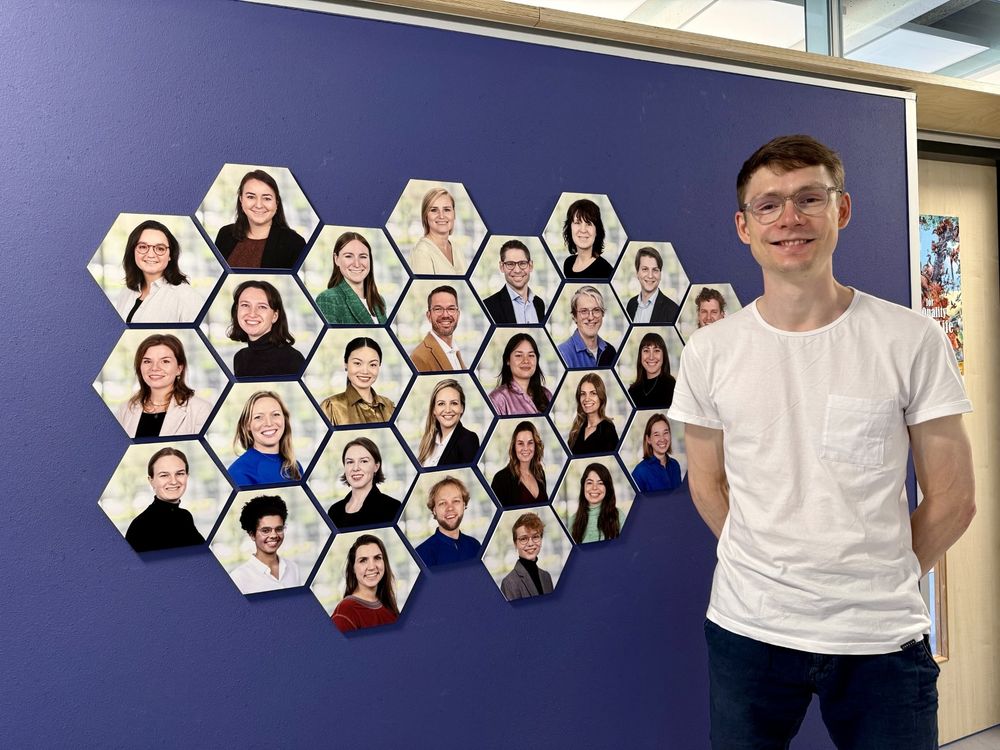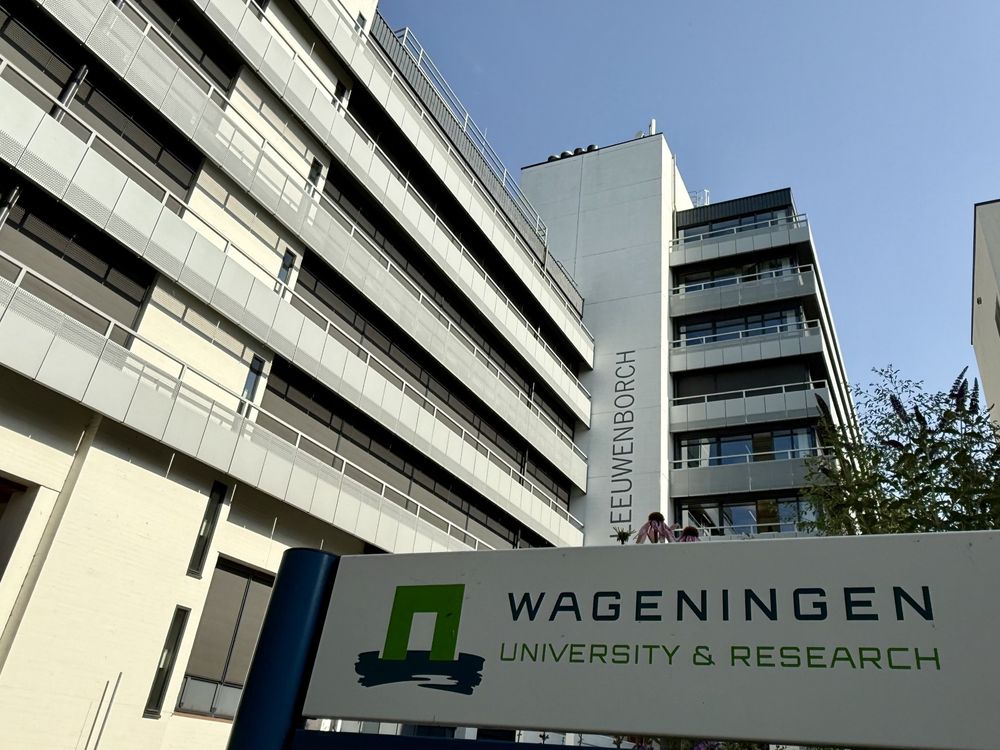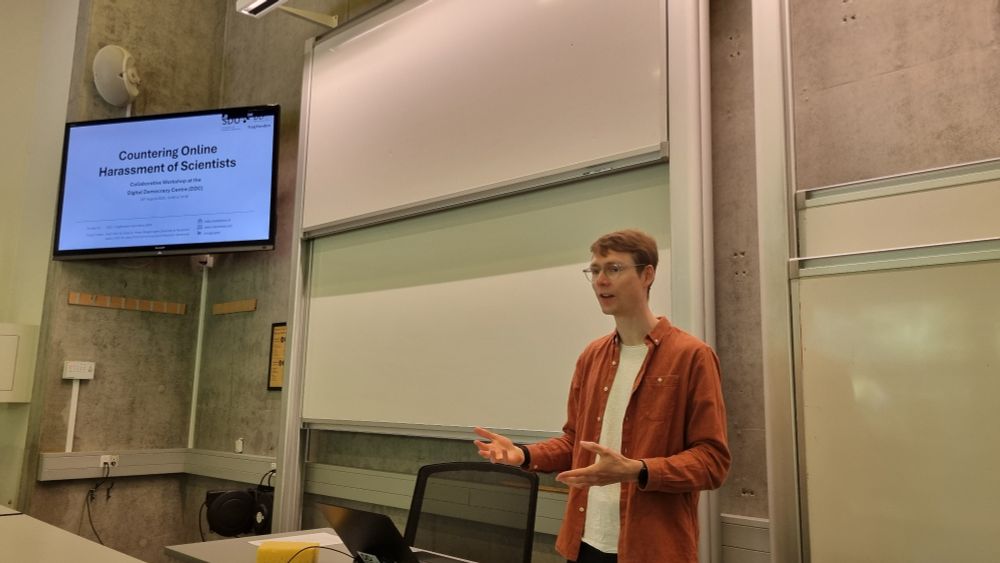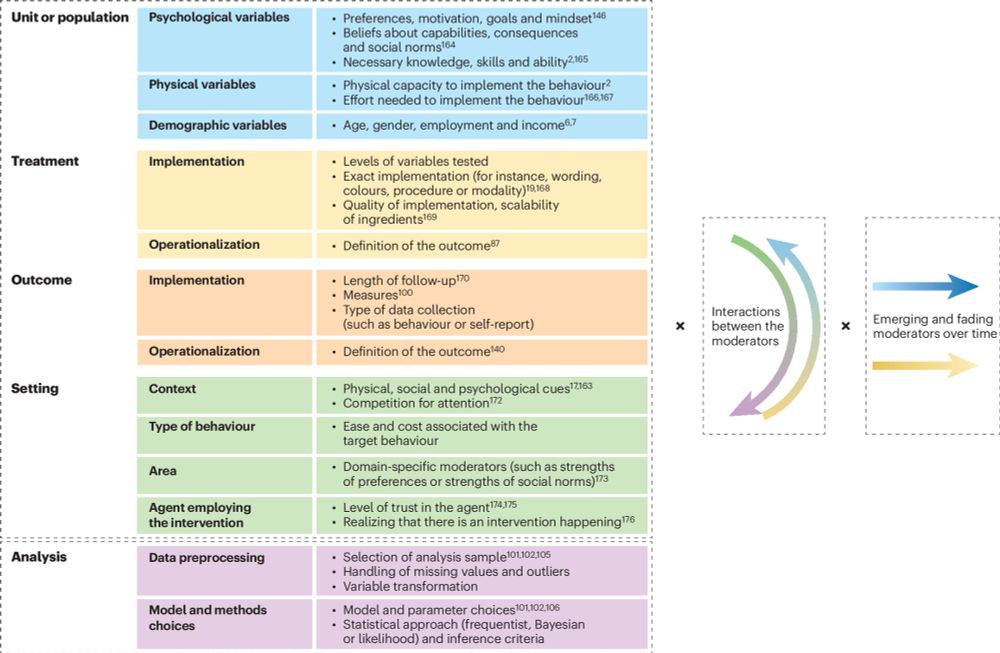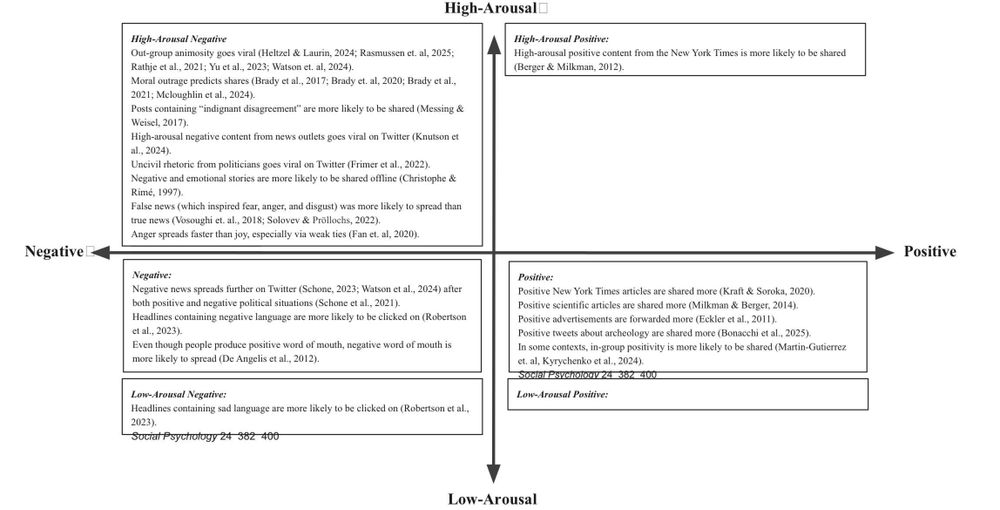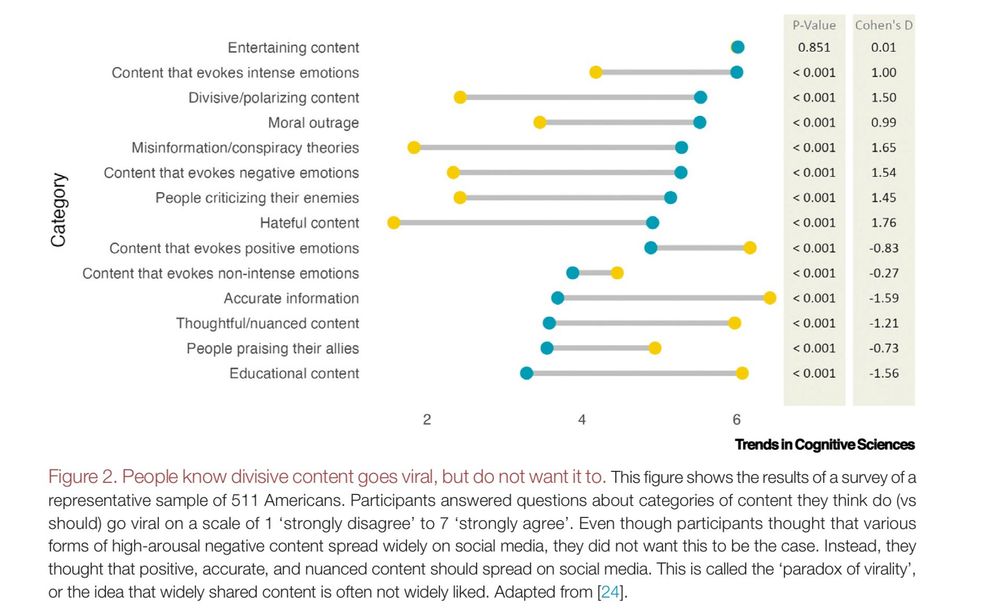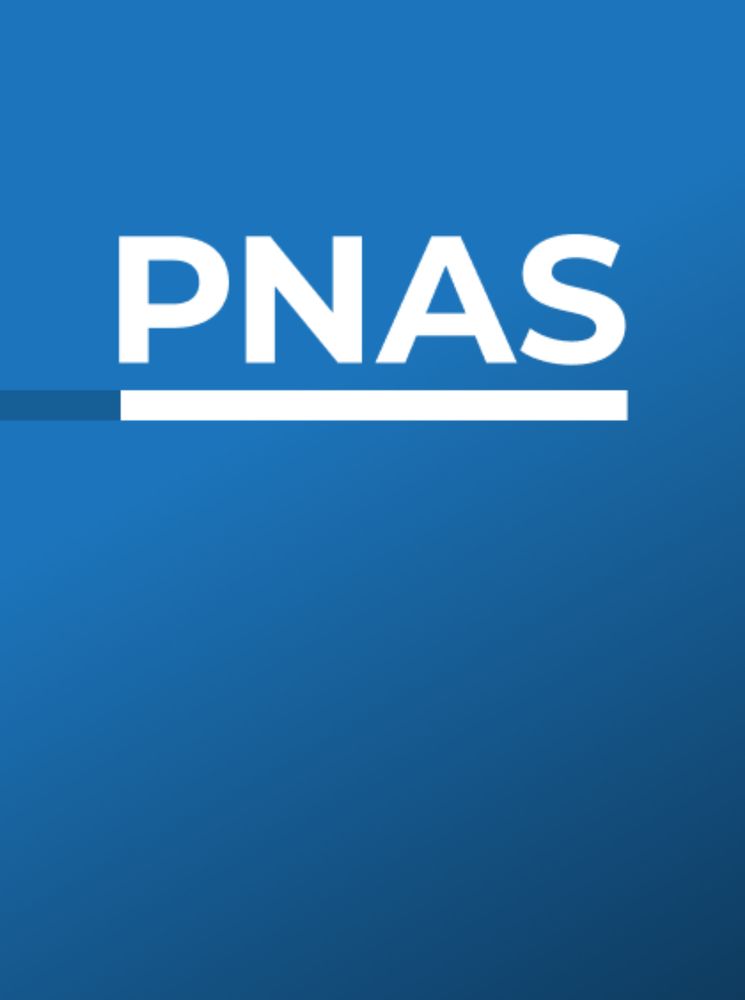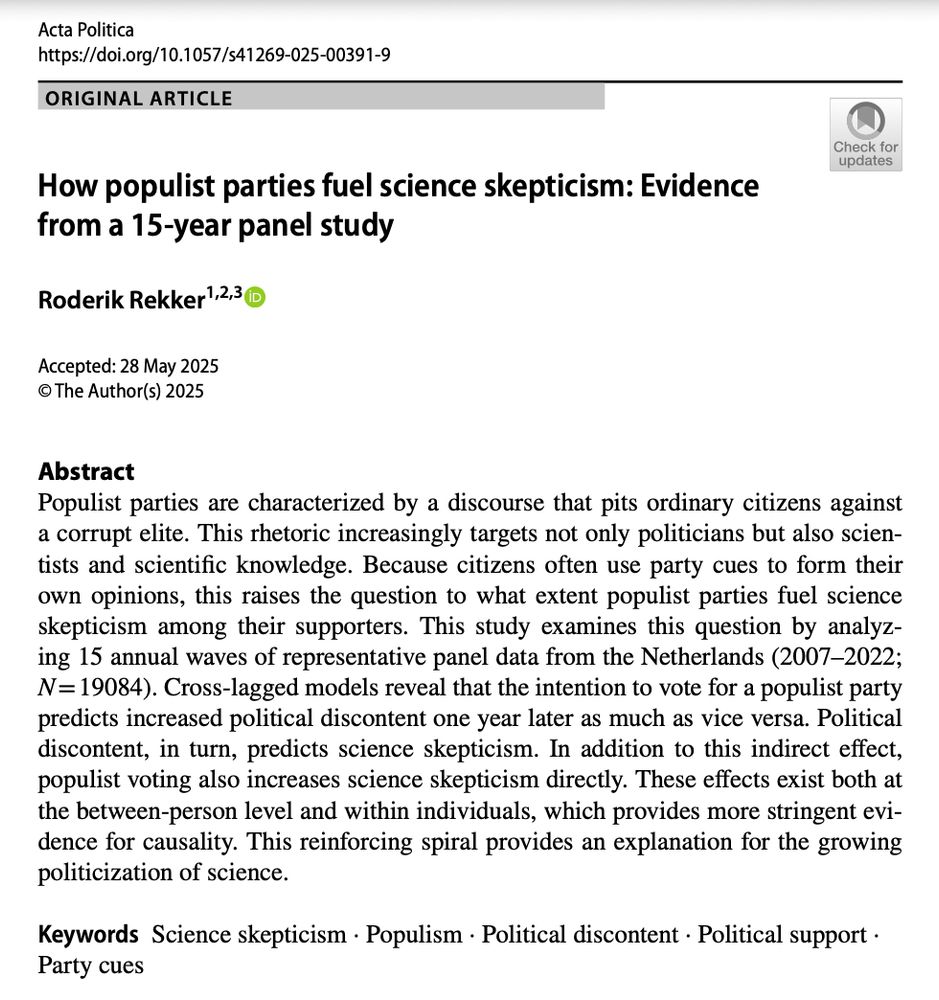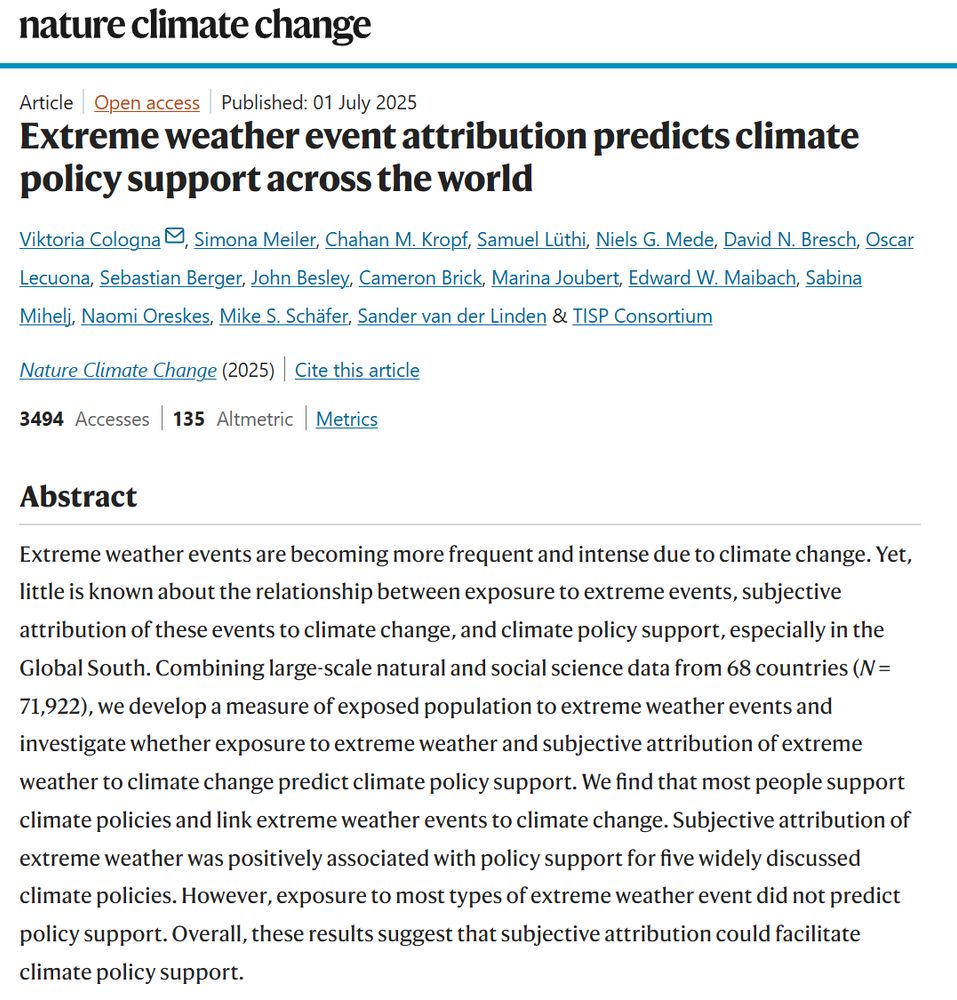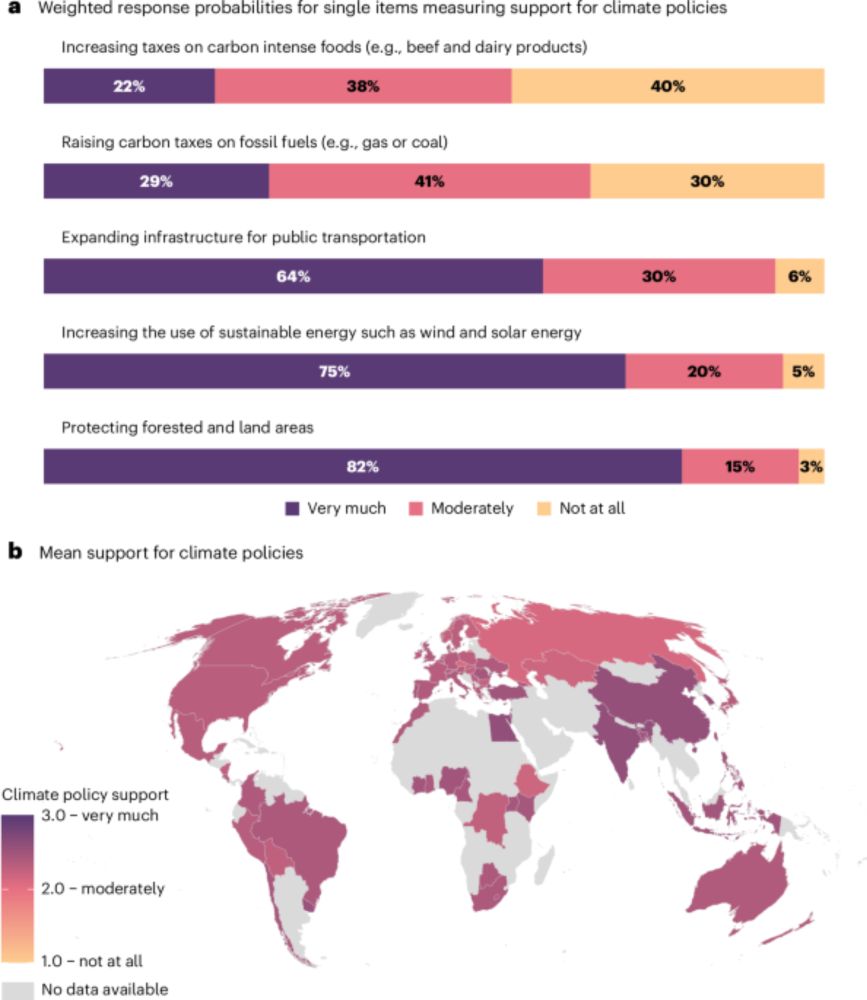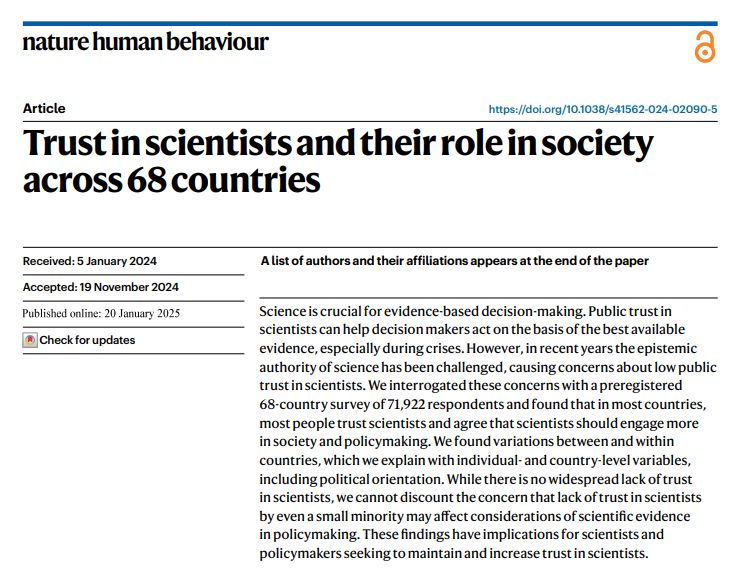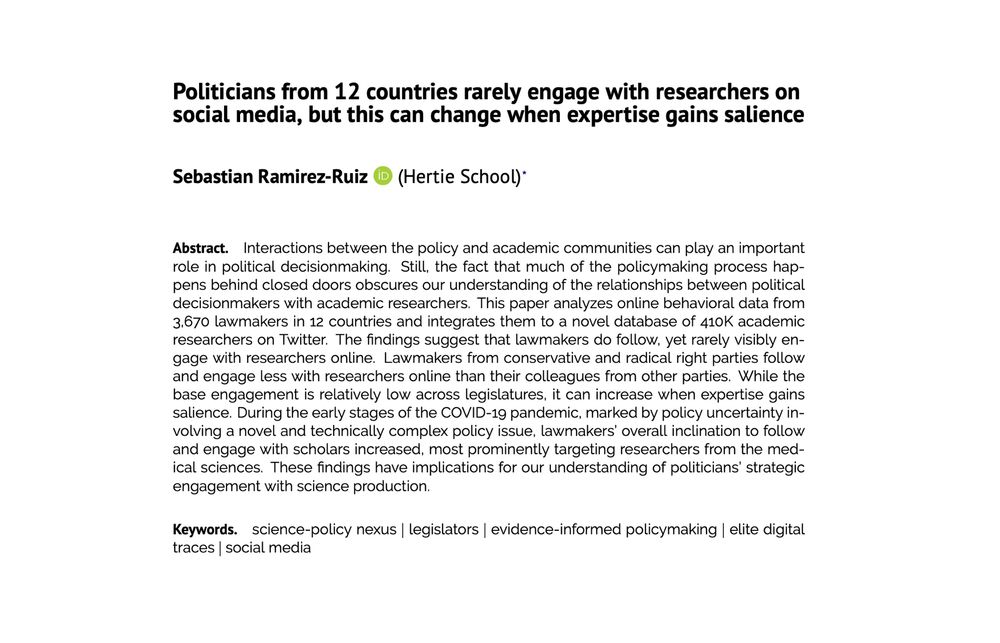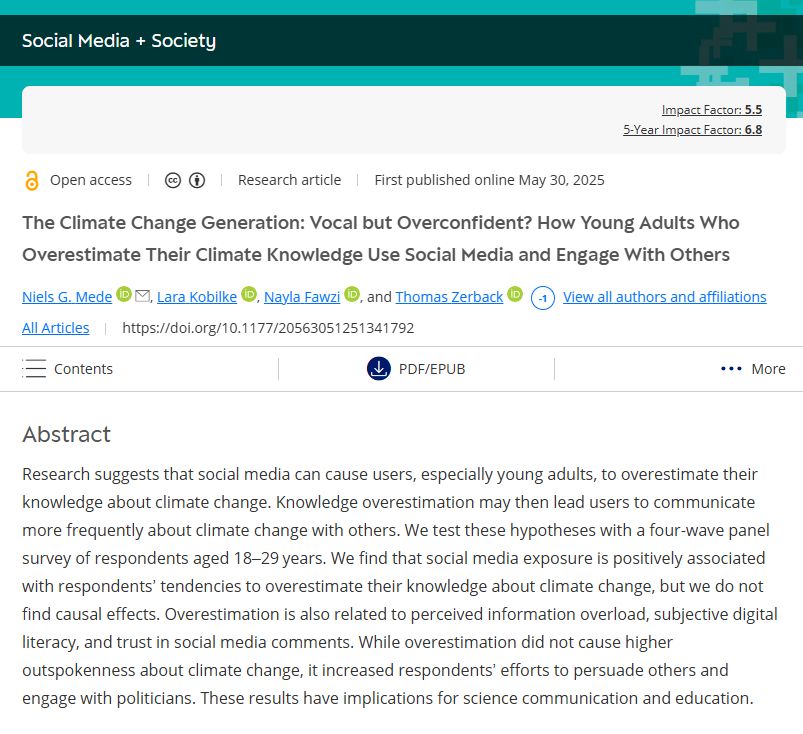Niels G. Mede
@nielsmede.bsky.social
2.8K followers
530 following
220 posts
🔎 Assistant Professor of Science Communication
📍 Wageningen University & Research @w-u-r.bsky.social
🏠 www.nielsmede.com
Posts
Media
Videos
Starter Packs
Pinned
Reposted by Niels G. Mede
Reposted by Niels G. Mede
Reposted by Niels G. Mede
Jan Pfänder
@janpfa.bsky.social
· Sep 5

Quasi-universal acceptance of basic science in the United States - Jan Pfänder, Lou Kerzreho, Hugo Mercier, 2025
Substantial minorities of the population report a low degree of trust in science, or endorse conspiracy theories that violate basic scientific knowledge. This m...
doi.org
Reposted by Niels G. Mede
Reposted by Niels G. Mede
Reposted by Niels G. Mede
Hu Chuan-Peng
@hcp4715.bsky.social
· Aug 19
Reposted by Niels G. Mede
Reposted by Niels G. Mede
Karen Melchior
@karmel80.bsky.social
· Jul 10
Niels G. Mede
@nielsmede.bsky.social
· Jul 4
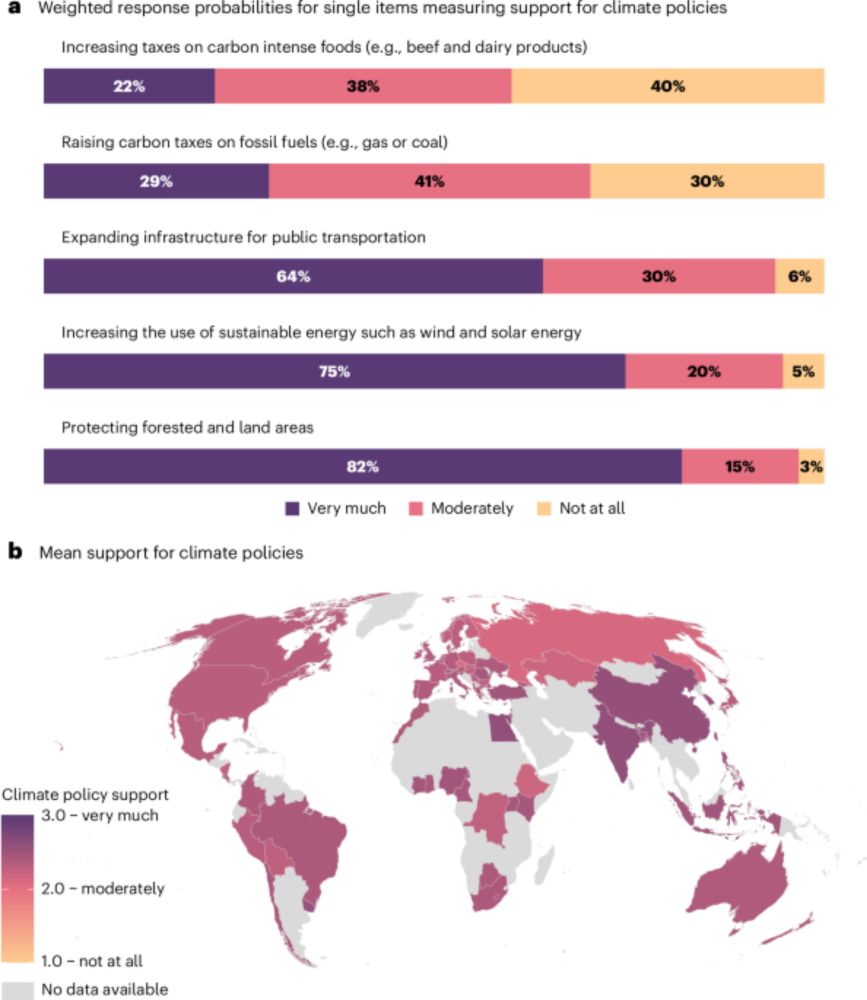
Extreme weather event attribution predicts climate policy support across the world - Nature Climate Change
Literature produced inconsistent findings regarding the links between extreme weather events and climate policy support across regions, populations and events. This global study offers a holistic asse...
www.nature.com
Reposted by Niels G. Mede
Niels G. Mede
@nielsmede.bsky.social
· Jul 4
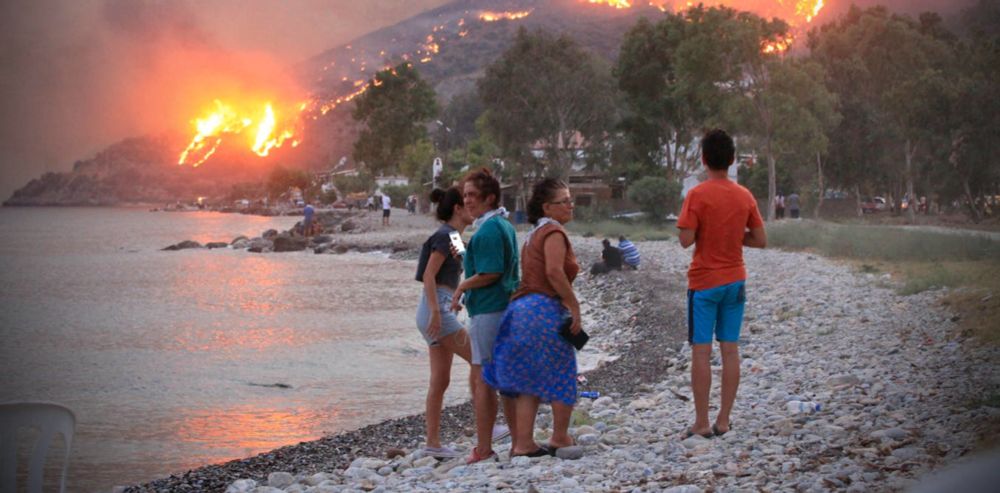
Experiencing extreme weather and disasters is not enough to change views on climate action, study shows
A 70,000-person global study found understanding how events such as fires and floods are linked to climate change may be a key driver of support for climate action.
theconversation.com
Niels G. Mede
@nielsmede.bsky.social
· Jul 4

Extreme weather event attribution predicts climate policy support across the world - Nature Climate Change
Literature produced inconsistent findings regarding the links between extreme weather events and climate policy support across regions, populations and events. This global study offers a holistic asse...
www.nature.com
Niels G. Mede
@nielsmede.bsky.social
· Jul 2
Niels G. Mede
@nielsmede.bsky.social
· Jul 2
Reposted by Niels G. Mede
Kochav Koren
@kochav.bsky.social
· Jun 13
Reposted by Niels G. Mede
Reposted by Niels G. Mede
Niels G. Mede
@nielsmede.bsky.social
· Jun 3
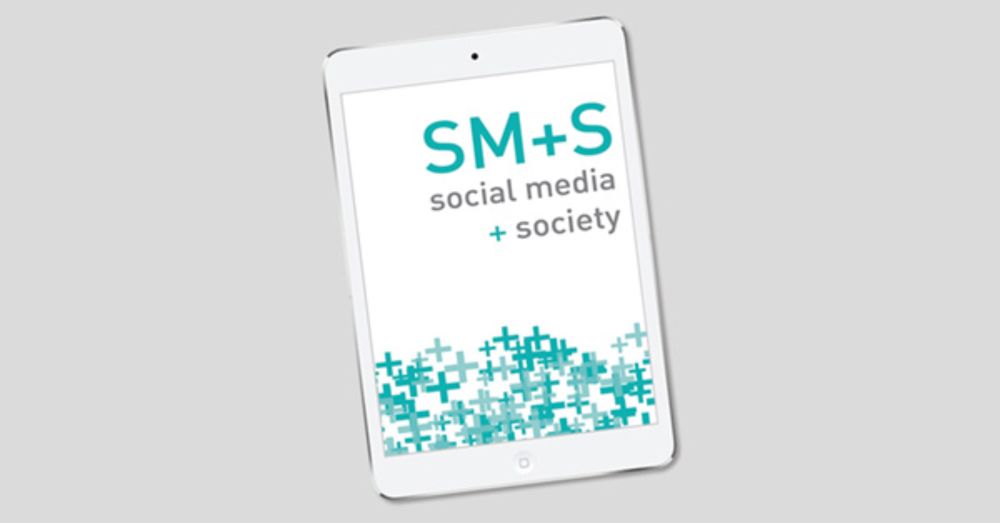
The Climate Change Generation: Vocal but Overconfident? How Young Adults Who Overestimate Their Climate Knowledge Use Social Media and Engage With Others - Niels G. Mede, Lara Kobilke, Nayla Fawzi, Th...
Research suggests that social media can cause users, especially young adults, to overestimate their knowledge about climate change. Knowledge overestimation may...
journals.sagepub.com

